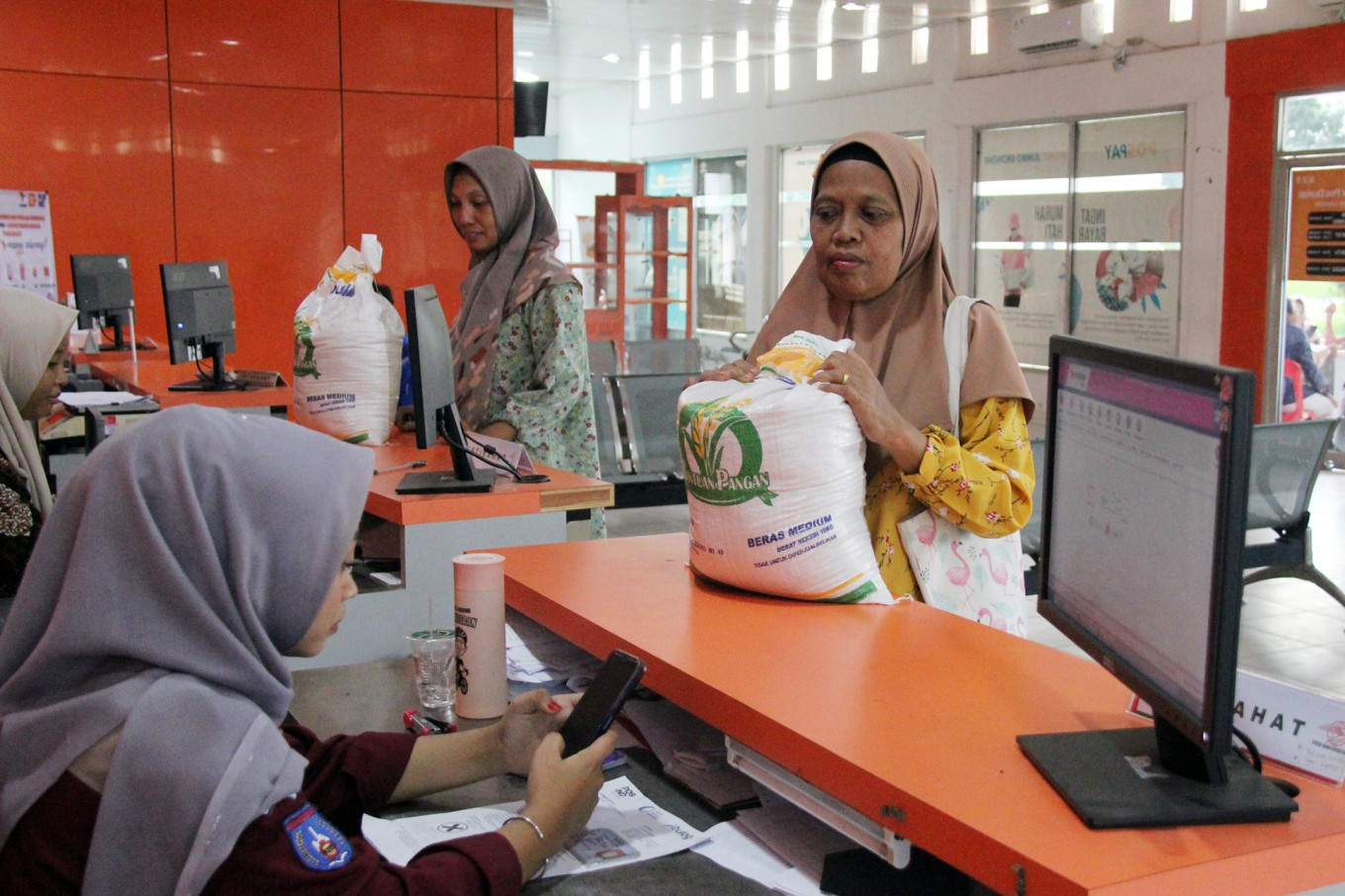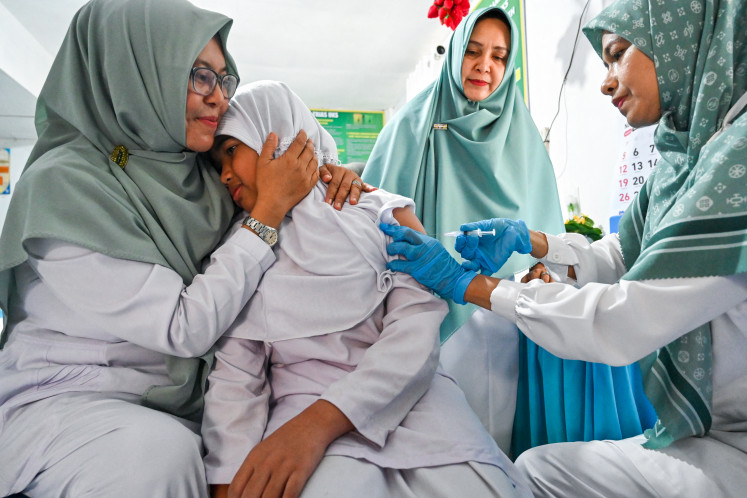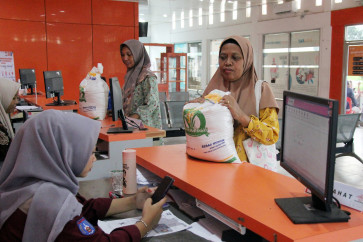Popular Reads
Top Results
Can't find what you're looking for?
View all search resultsPopular Reads
Top Results
Can't find what you're looking for?
View all search resultsAn opportunity for unified data in Indonesia's social welfare programs
A unified and accurate database will allow the government to ensure that resources are allocated more precisely.
Change text size
Gift Premium Articles
to Anyone
T
he recent appointment of Statistics Indonesia (BPS) as the central authority for synchronizing and integrating data across ministries and state-owned enterprises (SOEs) marks a pivotal moment in the country’s efforts to improve subsidy disbursement. This initiative offers a significant opportunity to create a unified socio-economic database that could become the backbone for many government programs, especially those that rely on accurate “by name, by address” data. Such a database has the potential to transform how the government delivers services, ensuring that resources are directed efficiently and fairly to the people who need them most.
One of the most promising aspects of this initiative is its ability to address long-standing inefficiencies in targeted programs like social assistance and energy subsidies. These programs are often marred by both inclusion and exclusion errors, where either the wrong people benefit or are excluded from the support. A unified and accurate database will allow the government to ensure that resources are allocated more precisely, ultimately improving the fairness and effectiveness of these programs. If executed properly, this effort could mark a new era in Indonesia’s social welfare system.
Indonesia’s social assistance programs are troubled by fragmented data systems managed by different government agencies. This leads to the duplication of efforts and inflated costs, undermining the potential of social welfare programs to reach those in need. Three key databases illustrate the extent of this issue.
First, there is the Integrated Social Welfare Data (DTKS), managed by the Social Affairs Ministry, which serves approximately 40 percent of the most vulnerable families. Second, the Acceleration of Extreme Poverty Eradication Targeting Data (P3KE), overseen by the Coordinating Human Development and Culture Ministry, targets extreme poverty eradication. Finally, there is the Socio-economic Registration Data (Regsosek), managed by the National Development Planning Ministry, which is more comprehensive and up-to-date, covering nearly the entire population.
While Regsosek has the broadest scope, it remains underutilized, despite the significant cost of its collection, which amounts to around Rp 4 trillion (US$258 million). This fact highlights the need for an integrated system, which would not only optimize social assistance programs, but also help minimize wasteful spending and improve overall program efficiency.
Social assistance data governance presents another challenge. The existing databases are managed by different ministries, each with its own priorities and administrative structures. None of these institutions has the capacity or expertise to regularly update and maintain the data in a way that ensures its accuracy and reliability. The reliance on participatory mechanisms, where local governments or other external actors provide updates, is prone to errors and often fails to meet the data reliability standards.
This is where BPS comes into play. With decades of experience in managing large-scale population data, the agency has demonstrated its ability to collect and manage critical information. Since 1960, BPS has conducted Indonesia’s decennial Population and Housing Census, a massive undertaking that has provided valuable insights into the country’s demographic makeup.



















